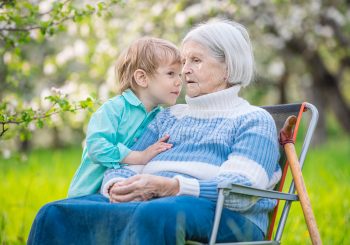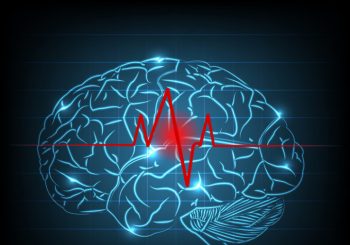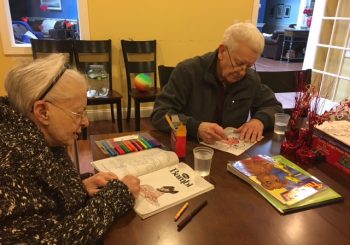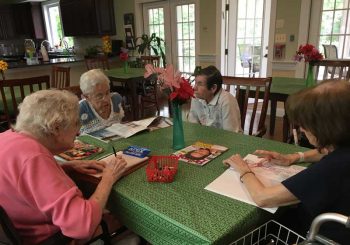
Dealing with a diagnosis of Alzheimer’s disease or dementia is a challenge for both the patient and their loved ones. But even as you and your loved ones learn to come to terms with the diagnosis, don’t forget to keep the children in your life involved. While you may feel an impulse to protect children from the situation, trying to hide the truth could make things worse. Children are often keenly aware when adults around them are experiencing difficulty or stress. If they don’t understand the...
Read More
Read More











